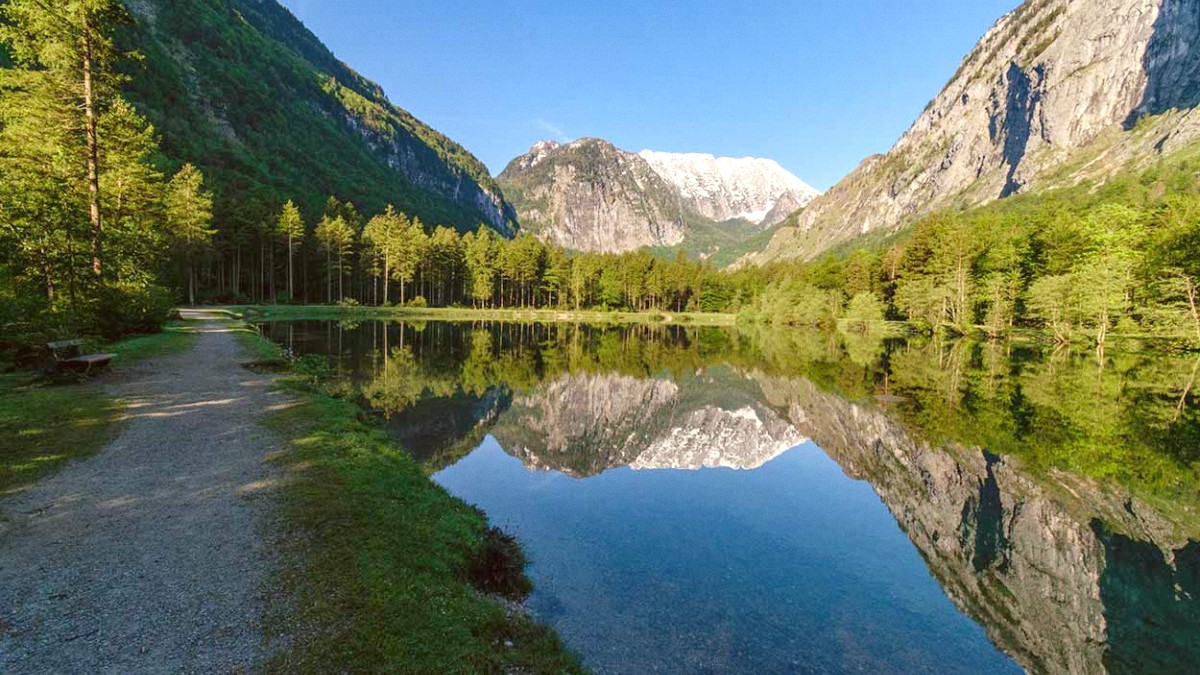
Austria
This geographical setting defines Salzburg's character. A destination for both city exploration and nature excursions. A visit in spring or autumn allows comfortable temperatures and fewer crowds. Summer brings festivals and outdoor activities, while winter holds festive markets and snowy scenery. No matter the timing of a visit, Salzburg offers distinct experiences.
Salzburg's history goes back to Roman times. Its prominence grew in the Middle Ages through its salt trade. "Salz" means salt, and "Burg" means fortress or castle, reflecting the city's origins as a center for salt mining and trade, which created immense wealth. Prince-Archbishops governed Salzburg for centuries, shaping its appearance with magnificent Baroque structures, churches, and palaces. They were sovereign rulers, independent from the Austrian Empire for much of its history, a status seen in the city's distinct architectural style.
The city's most famous son, Wolfgang Amadeus Mozart, was born here in 1756. His presence imbued Salzburg with a lasting musical heritage, evident in its concert halls, museums, and annual festivals. Centuries later, in the mid-20th century, Salzburg gained global recognition as the main setting for "The Sound of Music," further cementing its image as a place of historical depth and melodic charm.
Salzburg presents a compact, walkable city core. Its main attractions are easily accessible by foot. This quick overview details what to anticipate.
Salzburg's blend of history, culture, and nature yields a destination present for varied interests. Plan to explore its narrow alleys, experience classical music, and enjoy its traditional food.
Four distinct seasons: warm summers with thunderstorms, cold and snowy winters, mild springs, crisp autumns.
German (official). English widely spoken in tourist areas.
Euro (€). Credit cards accepted, cash is useful for smaller purchases.
Generally very safe with low crime rates. Standard precautions apply.
Salzburg Airport (SZG) serves European cities. Train/bus connections are excellent.
Hohensalzburg Fortress, Mirabell Palace & Gardens, Salzburg Cathedral, Mozart's Birthplace, Getreidegasse are sites.
Hearty Austrian dishes like Schnitzel and Goulash are present. Traditional pastries like Apfelstrudel and Kaiserschmarrn are available, alongside local specialties like Salzburger Nockerl and Bosna.
An efficient network of trolleybuses and buses is present. The Altstadt is largely pedestrianized. The Salzburg Card holds unlimited public transport and free entry to attractions.
Salzburg’s unique blend of history, culture, and natural beauty makes it an exceptional travel destination.
Salzburg is a strong classical music heritage due to Mozart. A connection to "The Sound of Music" is present, alongside Baroque architecture and traditional customs.
The city's cultural scene is year-round, with numerous concerts, theater performances, and art exhibitions. Local traditions are evident in various festivals and markets. Salzburg's Baroque city center, an UNESCO World Heritage site, provides an unique backdrop to these experiences.
Mozart's birthplace and legacy are central to Salzburg's identity.
Magnificent buildings, churches, and palaces from centuries past.
The city achieved global fame as the film's main setting.
Traditional customs are present throughout the year. Many festivals and events celebrate Salzburg's rich history and folk traditions. These events offer a glimpse into local life.